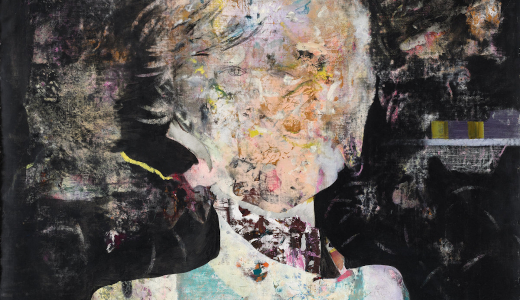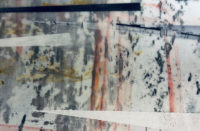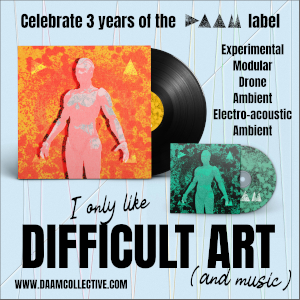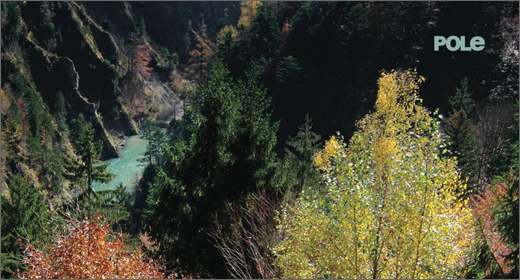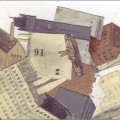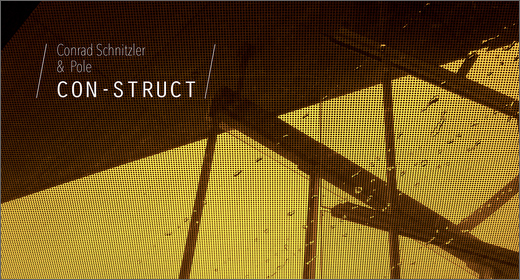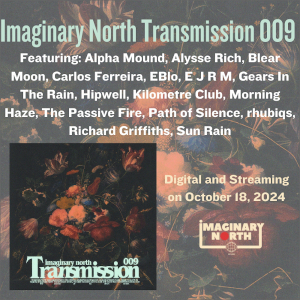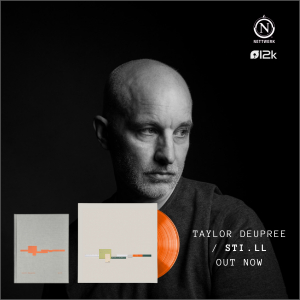Tempus ambles along a certain path, not overly evolving, nor cohering to a decisive end or climax.

Exploring new sounds, styles and territories
Stefan Betke’s POLe moniker is responsible for some of the most notable electronic music of the late 90s. POLe’s sound was unique not just for the lack of drums but the noises Betke looped and sampled to create rhythms and melodies. That he produced three album of music like this is one thing, but that they’re all consistently amazing is another feat. But the question always remained: would POLe always be about no drums and crackly noises? And the answer was definitely no. It’s clear POLe hasn’t chosen to play the hits for the rest of his career. He’s exploring new sounds, styles and territories.
With the burden of three classic albums at the very start of his career (reference 1, 2, 3 trilogy) one could forgive him for doing so. Clearly Betke wants to find new places to go with his music. Tempus incorporates not just drums but piano and live bass in some songs, forging newer territories. The challenge is that few tracks stand out as unique or even as classic POLe tracks which can auger either a distinct effort to break the bonds of cliché and habit or an inability to move beyond into new areas.
“Cenote,” the album opener, sounds a bit like modern Autechre and very unlike classic POLe, yet conjures a cool, listenable vibe with atonal machine noises among the synths and drum machines; like many of the tracks on Tempus ambles along a certain path, not overly evolving, nor cohering to a decisive end or climax. The sharp snare at 4:45, while jarring, adds a certain dub feel to the track—dub being one of the foundational element’s of POLe’s sound. “Grauer Sand” has a spacious feel and vibe, beats provided by 808 sounding hats and cowbell, with a very Eno/Budd with the ambient sounds and piano. “Alp” builds an anxious, fever dream vibe with pulsating sounds and live bass, yet never comes together as it wanders and wafts across the stereo spectrum.
Looped synths emerge, ping-ponging across left and right ::
“Stechmück” plods a bit, never quite finding the groove with its out of tune pulses dominating a track’s feel of one too many cough syrup shots; quasi-dub influences with latent bleep-over and undertones. “Firmament” evolves from the seed of a simple bass, drums and piano with synths easing in and out of familiar POLe territory while avoiding the tried and true sound. The title track opens on a strange metallic grinding with piano, 808 and unexpected, jarring jumps in and out of silence. Looped synths emerge, ping-ponging across left and right, all the parts present but never quite arriving. “Allermannsharnisch,” the album’s closer, is perhaps the most recognizable as a song with deep sub bass and a steady beat over which sounds groan, wheeze and whine into place.
Tempus is available on Mute. [Site | Bandcamp]






